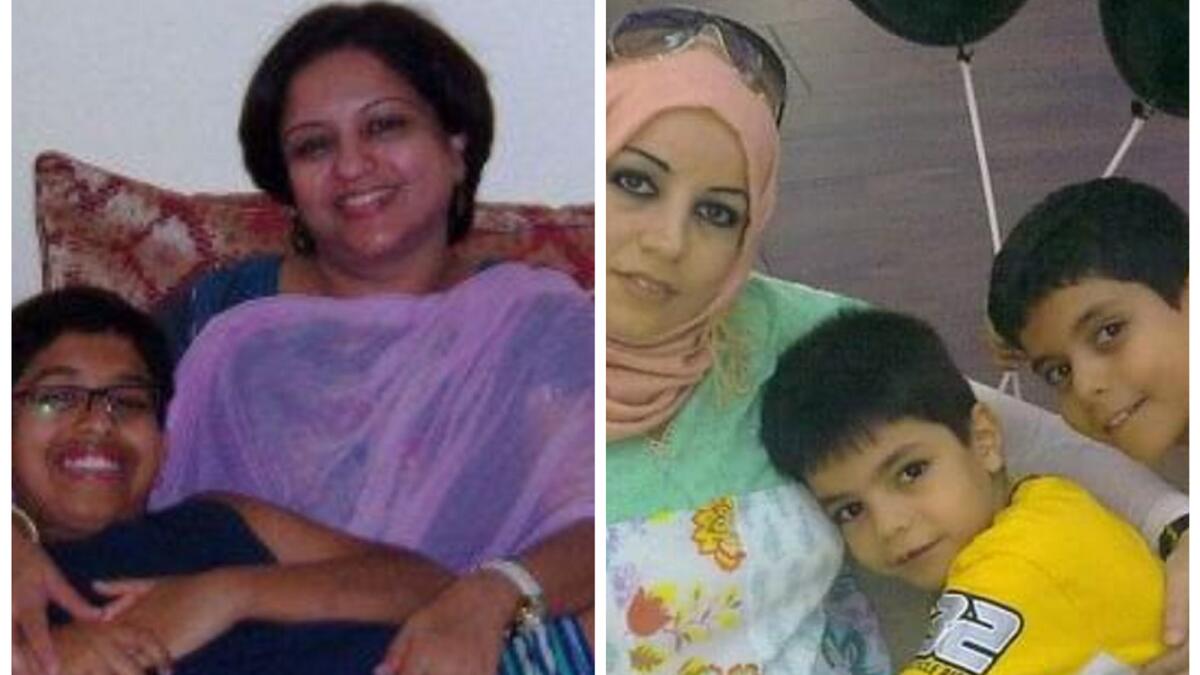Empty nest syndrome (ENS) is a common experience for many parents, especially mothers, when their children leave home. Leeza George, a UAE mum, experienced ENS when her son Aditya left for college in England. It is a natural phase of life that requires adaptation and coping mechanisms to deal with the feelings of loss and emptiness. The changes in routines and daily activities can be stark and challenging for parents, as seen in Leeza’s and Sajida Al Bashir’s experiences.
Leeza felt lost and uncertain about her purpose when Aditya left, leading to feelings of depression and demotivation. She struggled to cope with the overwhelming sadness of missing her son and found solace in therapy and support groups recommended by friends. Similarly, Sajida Al Bashir shared her experience of missing her sons’ presence in the house and the changes in daily routines they used to share. Despite the difficulty, both Leeza and Sajida found ways to adapt and overcome ENS over time.
Although ENS is not a clinical diagnosis, seeking professional help from therapists or counselors can be beneficial for mothers experiencing significant distress or difficulty coping with ENS. Dr. Nada Omer Mohamed Elbashir, a consultant psychiatrist, emphasized the importance of open communication within families, maintaining a positive outlook, and seeking support when needed. Dr. Shaju George, a psychiatrist, recommended preparing for the upcoming stage of life by prioritizing self-care, indulging in new hobbies, making new friends, finding solace in spiritual activities, and staying connected to loved ones.
Parents need to understand that ENS is a natural part of the parenting journey and should prepare themselves well in advance for this stage of life. It is essential to address the feelings of loss, emptiness, and adjusting daily routines to cope effectively with ENS. By seeking support, engaging in therapy, and focusing on self-care, parents can navigate this transition with resilience and strength. Embracing new opportunities, exploring hobbies, and staying connected to loved ones can help parents find fulfillment and purpose in this new phase of life after their children leave the nest.











